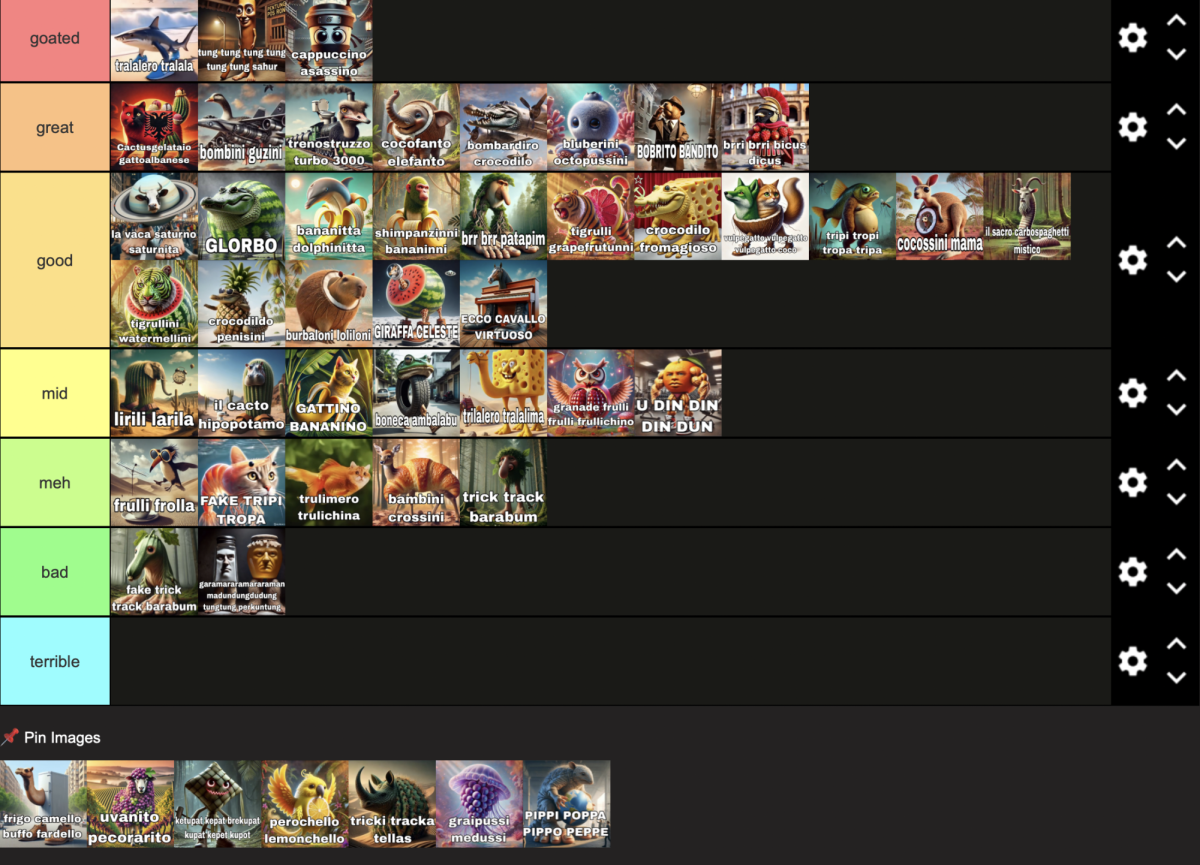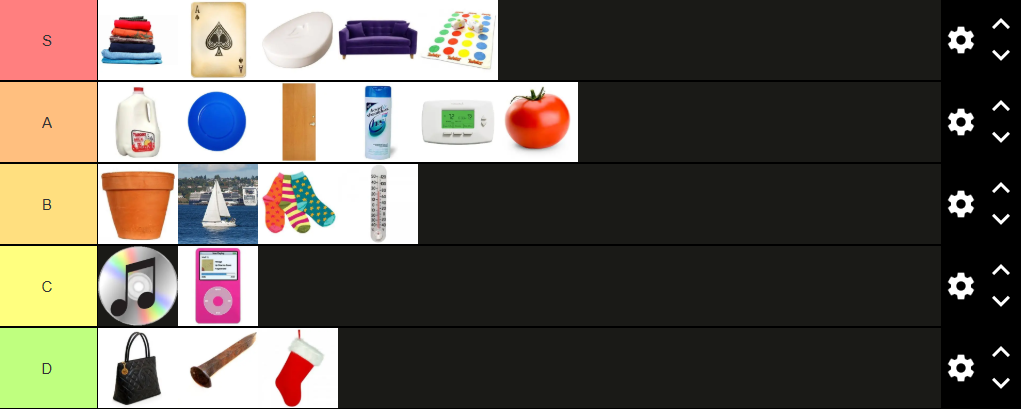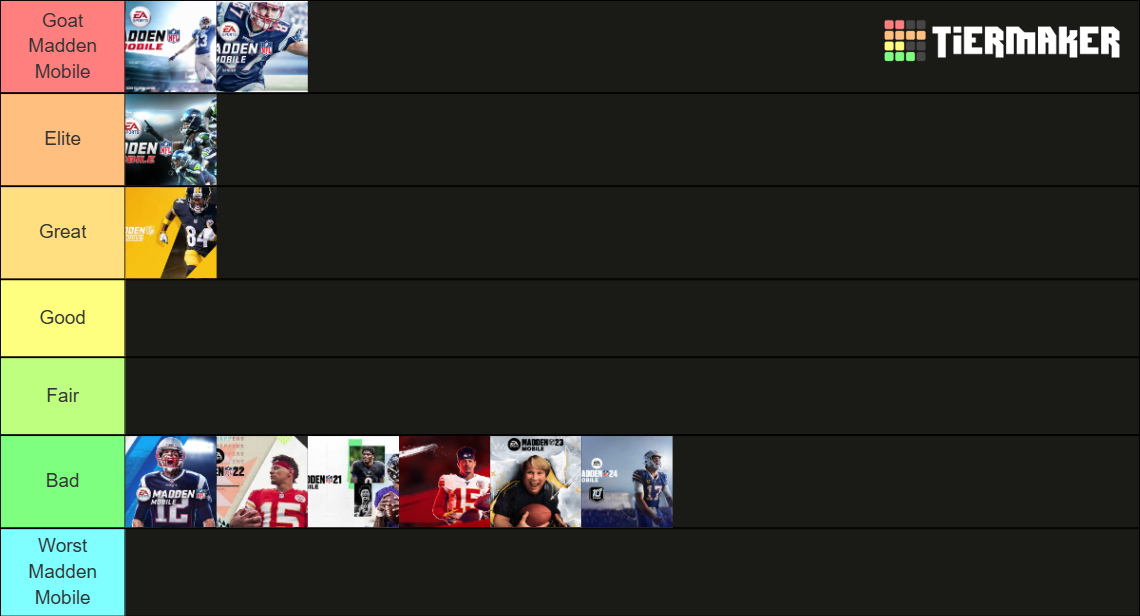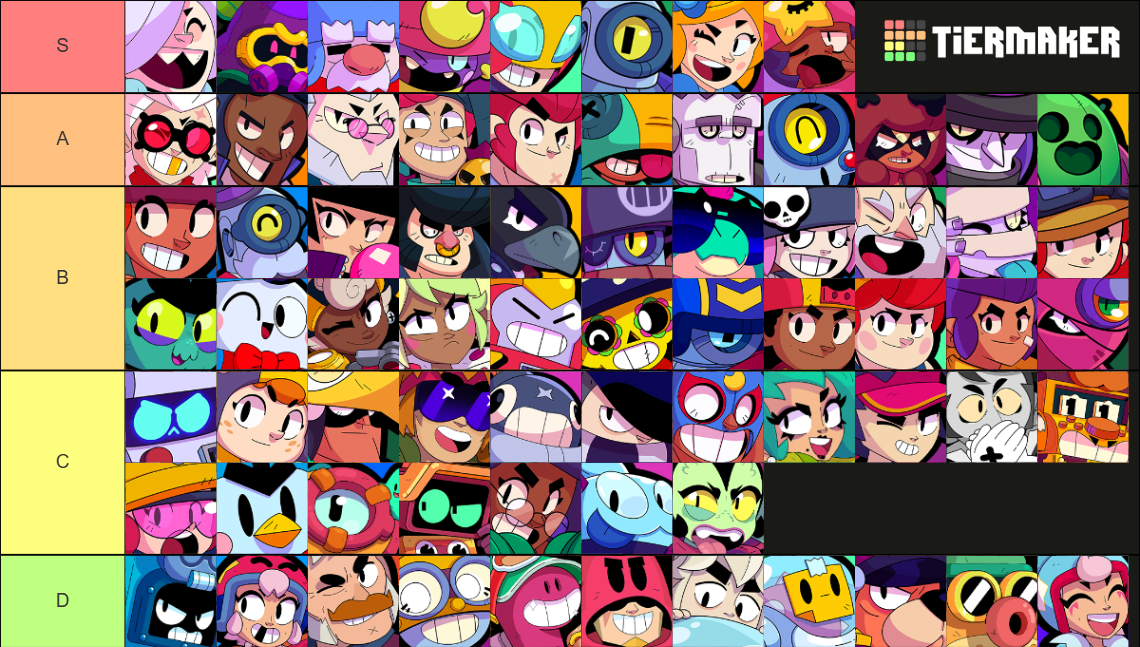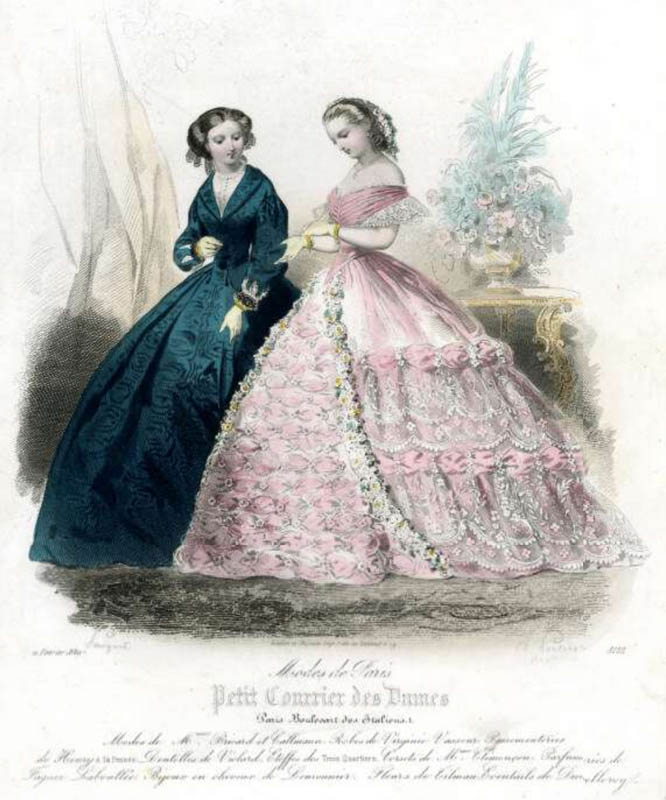By the time of graduation, every student who spent at least four years at CCES will have read at least two Shakespearean plays- Julius Caesar and Macbeth. If they were at CCES for eighth grade, students read Romeo and Juliet, and senior AP Literature students read Hamlet.
That makes four plays by one single playwright that students will be required to read by graduation if they attend CCES for five years and take AP Lit. Now, there are arguments for and against teaching Shakespeare in general, but that isn’t what this is about.
The problem with the way Shakespeare is taught today–and has been for decades–is that it is read, not watched. Shakespearean plays are just that: plays. Shakespeare wrote these stories to be performed, by actors, on a stage, with a set, and viewed by an audience. Instead, students are forced to consume Shakespeare by reading the script and making up the scene in their heads with only dialogue.
Through this method, emotion is lost with the lack of visuals. The language, while technically considered “modern English,” is vastly different from the way English speakers communicate today and have spoken for hundreds of years. When what students are reading is all but another language to them, it is vastly more difficult to discern emotions, accurate scenery, and even meaning.
The greater irony is that today, Shakespeare is more accessible than ever. Most of Shakespeare’s plays have multiple movies, and diverse adaptations, and are frequently performed on stage. There are at least twelve well-known films of Romeo and Juliet, and the Wikipedia page on the topic lists hundreds of adaptations. The 1996 line-for-line version of Hamlet received four Academy Award nominations and is one that CCES AP Literature students such as myself watched along with the reading.
Watching the movie while reading the play greatly improved my comprehension and appreciation for the play. I got to understand the story and its symbolism, meaning, and significance. I saw the emotions of the characters and their reactions as the story unfolded.
Those are all aspects of my engagement that were missing when I only read Shakespearean plays and did not watch along with my reading. Seeing and hearing the play, again, vastly improved my ability to understand and see the meaning of the story.
Even Sir Ian McKellen, known for playing Gandalf in Lord of the Rings and starring in 2015’s The Dresser, a film related to Shakespearean production, said in an interview “I don’t think people should bother to read Shakespeare. They should see him in the theatre! Reading just reduces him to an examination subject.”
Senior AP Literature student Jack Hinds said “it was made to be watched but over time it has evolved into pieces used to understand literature of the past,” and classmate Ben Williamson said “I think to get a thematic understanding it’s easier to watch it, to understand how the characters actually feel.”
Dr. Stone, Upper School English Teacher, remarked that “It is meant to be watched, it should be watched. The question is, what is the best way to prepare to watch it? Is there value in reading it in preparation for the onstage performance? There’s so many layers, so much depth, you don’t always have the opportunity to pause… the best way to study Shakespeare is to read it… it’s not an either/or, it’s a both/and.”
AP Literature teacher Mr. Jacobssen said:
“Shakespeare’s plays are absolutely meant to be performed and enjoyed by an audience. Kenneth Branaugh’s production of Hamlet is a uniquely excellent iteration of such a performance – featuring actors who clearly understand the characters they depict and have the acting chops to be able to effectively present each character’s nuances. I’m so glad that watching this film was instrumental in your understanding of one of Shakespeare’s most complicated plays.
“Now, I also must note that a binary argument – that Shakespeare’s plays are meant only to be watched and not read – is reductive and robs us all of some of the most beautiful writing in the English language. Reading Shakespeare supplements our enjoyment of seeing these amazing plays performed – and seeing these amazing plays performed supplements our experience of reading Shakespeare.”
He also gave me a quote from the Tempest to display the necessity, in his opinion, of analyzing the details of ending monologues for a full appreciation.
“…Engaging with Shakespeare’s plays is about more than following the plot and empathizing with his characters – it’s about giving attention to the intentional nuances of his writing and appreciating his unique mastery of language. Good, meaningful art is worth seeing from every angle.”
I appreciate Mr. Jacobssen’s contribution, and it is an important skill to be able to analyze complex and classic texts like Shakespeare. Those who want to fully appreciate Shakespeare should watch the production and analyze the text alongside their visual and auditory consumption.





